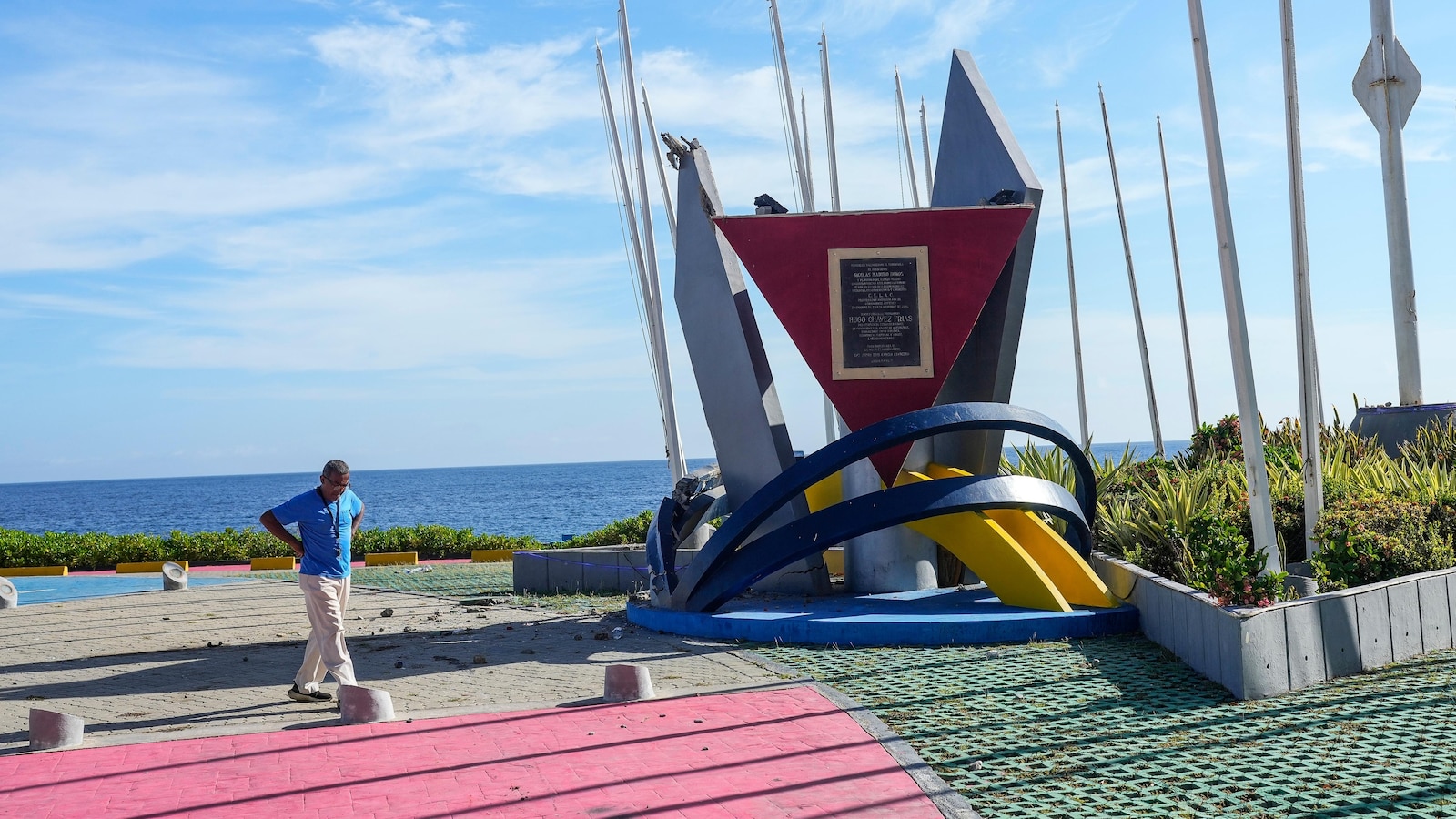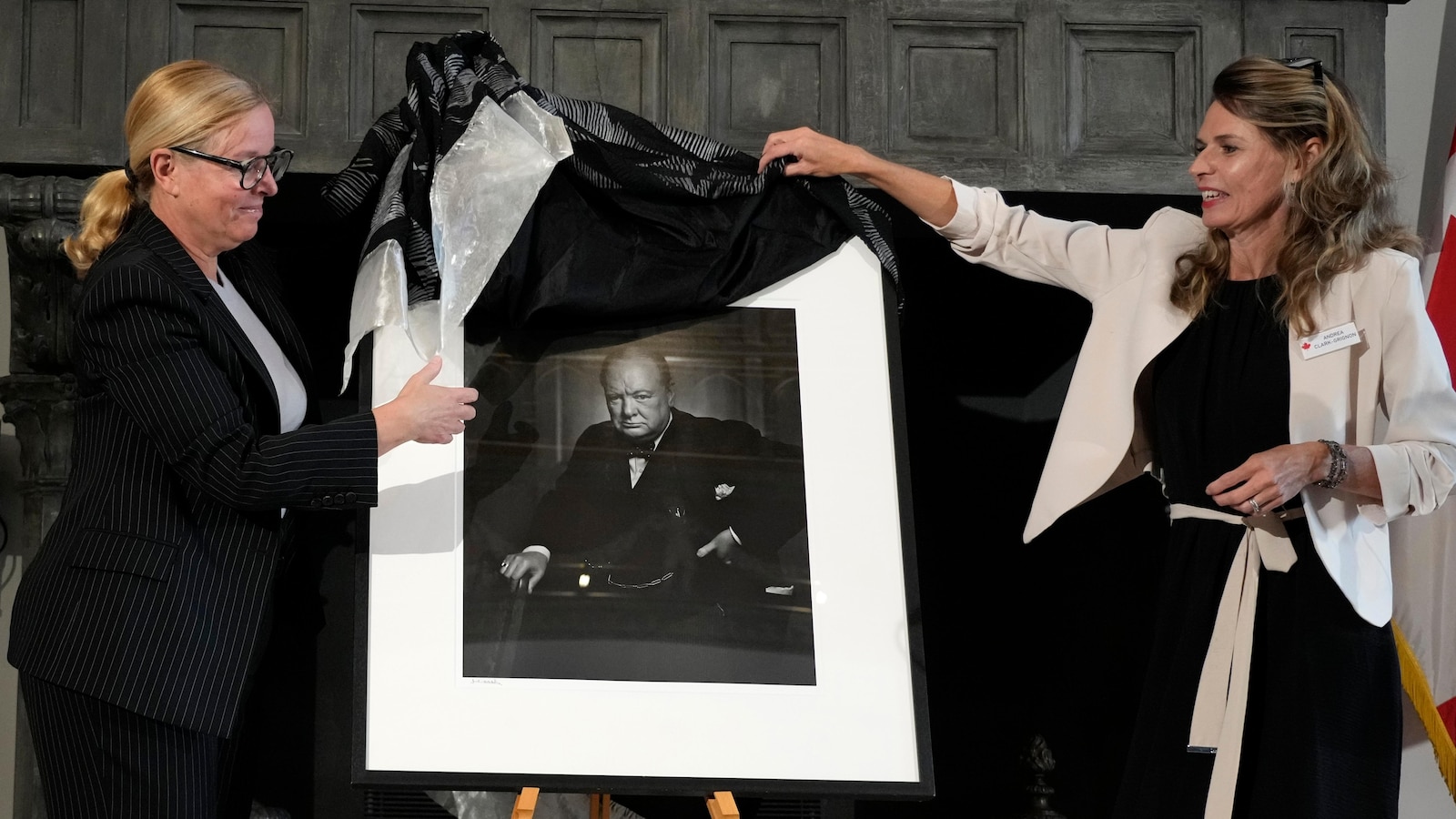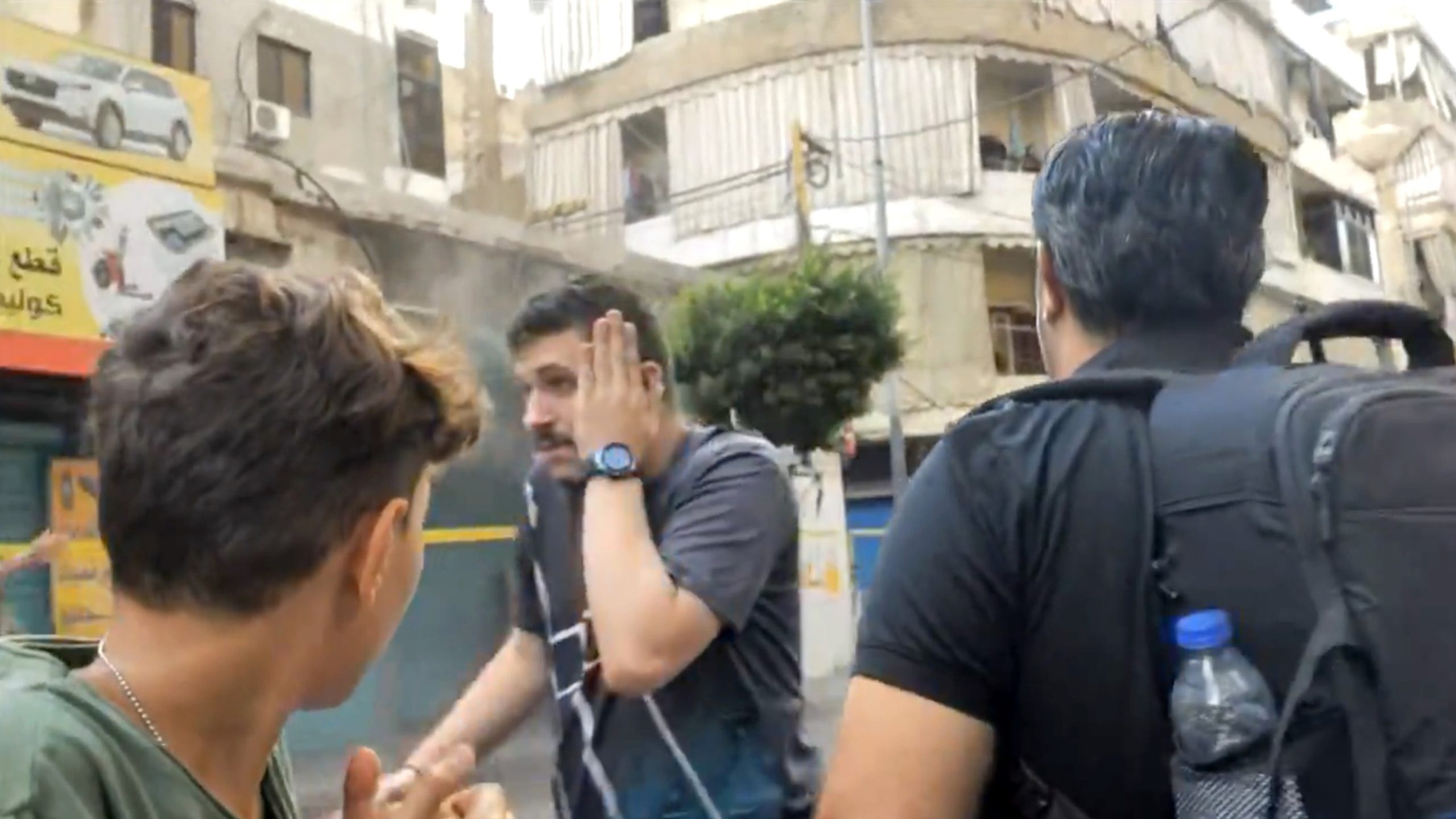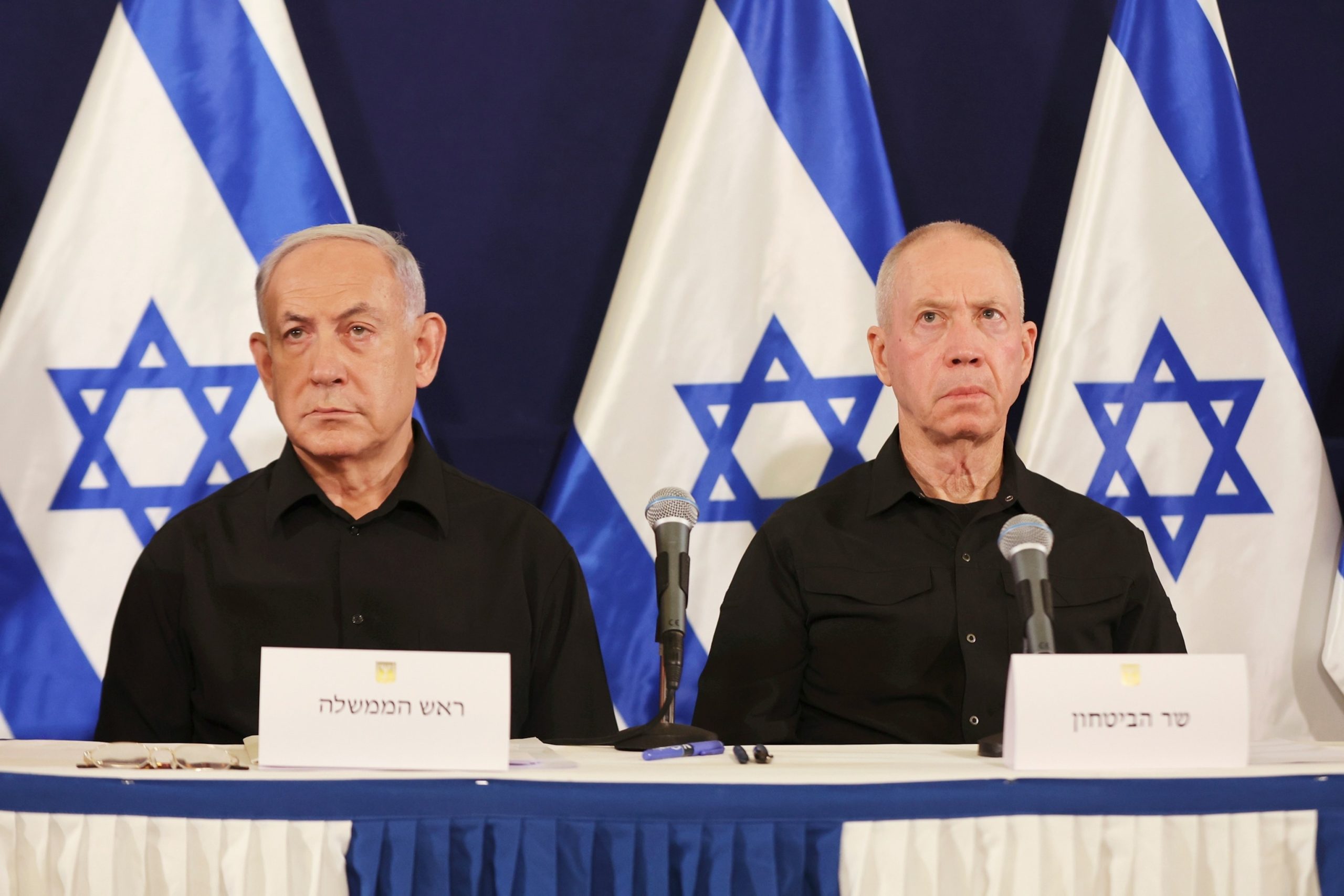
LA GUAIRA, Venezuela — Anti-government activists across Venezuela are toppling giant statues of Hugo Chávez to express their anger over the alleged stealing of an election by the late president’s handpicked successor, Nicolás Maduro.
In the seaside city of La Guaira, outside the capital Caracas, twisted rebar and chunks of concrete lie below a pedestal where a group of protesters Monday night ripped down one likeness of Chávez that was dedicated by Maduro in 2017.
A video provided to The Associated Press from one protester shows the moment when the 3.5 meter (12 feet) statue of the leader known as El Comandante was pulled down to raucous shouts of “this government is going to fall.” Once removed, the statue was dragged by motorcycles across the plaza, doused in gasoline and set on fire, the protester said.
“This is a powerful symbol to them,” said the protester, who asked not to be identified for fear she could be arrested. “Every time we tackle one of their symbols, we’re taking away some of their strength.”
This isn’t the first time monuments honoring the creator of the so-called Bolivarian Revolution have been attacked by angry mobs. The same phenomenon occurred during waves of anti-government unrest in 2017 and 2019.
But the simultaneous nature and high number of attacks — five in the last 24 hours — underscores the depth of anger many Venezuelans feel after the National Electoral Council declared Maduro the winner in Sunday’s presidential election. The opposition says its candidate, Edmundo Gonzalez, more than doubled the incumbent’s vote count.
A plainclothes military intelligence officer stopped journalists trying to take photos of what remains of the destroyed statue in La Guaira. The officer, who didn’t identify himself, said the country is “at war” and that any effort to disrespect Chávez was offensive to millions of Venezuelans who revered the former army paratrooper and anti-imperialist icon.
Maduro said several people had been arrested in the attacks, which he likened to the images from revolutions pushed by the U.S. in post-Soviet states including Ukraine and Georgia.
“What do these people have in their head? In the heart?” Maduro asked in a televised address Monday night in which he broadcast images of some of the attacks. “Just imagine if they one day gain power here, what they would be capable of doing.”
In the wake of recent election turmoil in Venezuela, statues of former president Hugo Chávez have been vandalized in several cities across the country. The vandalism comes as tensions run high following the controversial reelection of President Nicolás Maduro, who has been accused of rigging the election and suppressing opposition voices.
Hugo Chávez, who served as president of Venezuela from 1999 until his death in 2013, remains a polarizing figure in the country. While he is revered by many for his socialist policies and efforts to reduce poverty and inequality, others blame him for the economic crisis that has plagued Venezuela in recent years.
The vandalism of Chávez statues is seen as a symbolic act of protest against the current government and its policies. In the capital city of Caracas, a statue of Chávez was toppled and set on fire by a group of protesters. In other cities, statues were defaced with graffiti and slogans denouncing the government.
The vandalism of Chávez statues has sparked a debate about the legacy of the former president and his role in the current political crisis in Venezuela. Supporters of Chávez argue that he was a champion of the poor and marginalized, while critics blame him for the country’s economic woes and political instability.
The government has condemned the vandalism of Chávez statues, calling it an act of disrespect and vandalism. President Maduro has vowed to restore the statues and punish those responsible for the damage.
The recent election turmoil in Venezuela has deepened the political divide in the country and raised concerns about the future of democracy and stability. As tensions continue to escalate, it remains to be seen how the government will respond to the growing unrest and discontent among the Venezuelan people.
Overall, the vandalism of Chávez statues serves as a stark reminder of the deep divisions and challenges facing Venezuela today. It highlights the complex legacy of Hugo Chávez and the ongoing struggle for democracy and social justice in the country.


